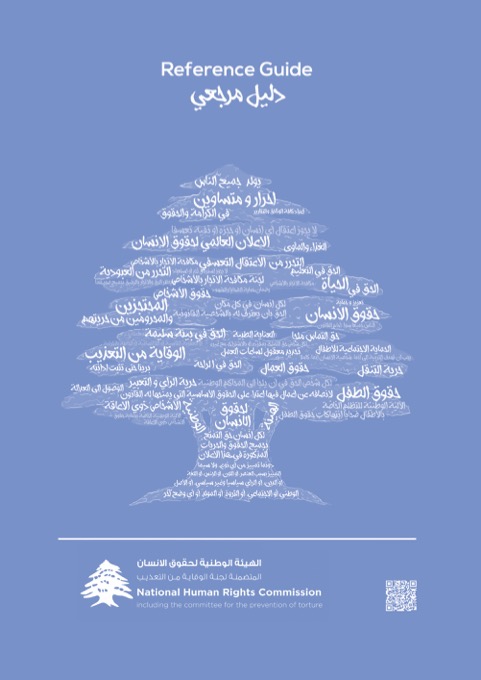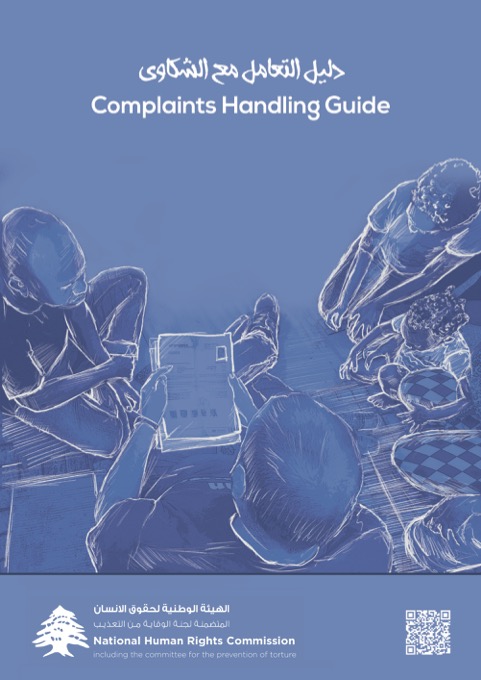The Friedrich-Ebert-Stiftung (FES) Lebanon Office has released a new practical guide aimed at strengthening fair trial guarantees and the right to legal defense through the effective implementation of Article 47 of the Lebanese Code of Criminal Procedure (Law No. 191/2020).
Prepared by lawyers Lama Al-Amin and Farouk Al-Maghrabi, the guide serves as an accessible and comprehensive reference for lawyers, legal aid committees, law enforcement, judges, detainees, and civil society actors. It details procedural rights and obligations from the moment of arrest to the conclusion of preliminary investigations, including the right to contact a lawyer, private consultation, the right to remain silent, access to a translator or forensic doctor, and proper notification procedures.
The guide also explains the distinction between flagrante delicto and non-flagrant crimes and outlines the strict conditions under which the Judicial Police may proceed with interrogations without a lawyer present, emphasizing that such exceptions must be narrowly interpreted.
This initiative is in line with both longstanding demands from Lebanon’s legal and human rights community—especially during the 2015 and 2019 protest movements—and recommendations by the United Nations Committee Against Torture. Article 47 marked a major milestone in Lebanon’s legal reform efforts by affirming the right of detainees to legal counsel during interrogations, the audiovisual recording of interviews, and protection against coerced confessions and abuse.
The guide highlights that Article 47 is still in its early stages of implementation, with no definitive jurisprudence yet issued, making this guide a foundational tool for promoting transparency and accountability within Lebanon’s investigative processes.
هذه المقالة متاحة أيضًا بـ: العربية (Arabic) Français (French)



